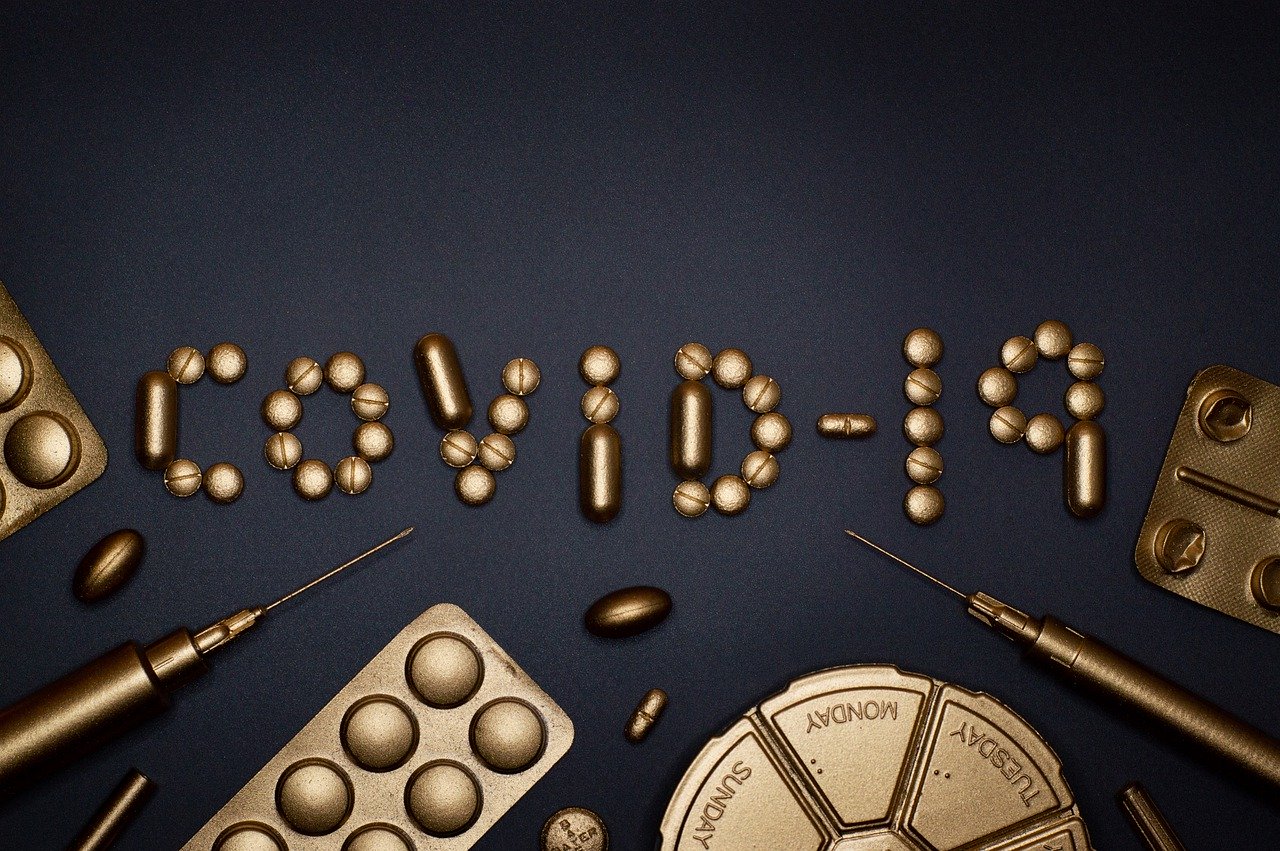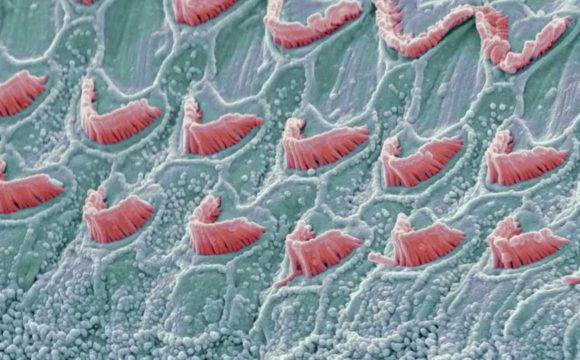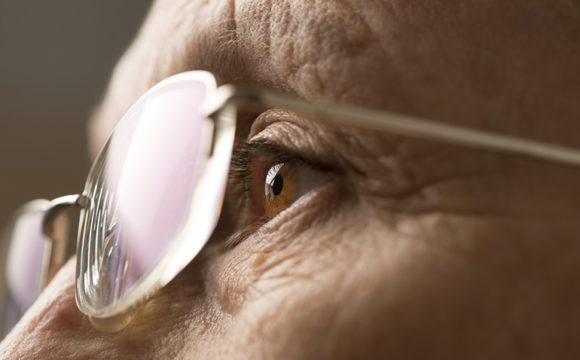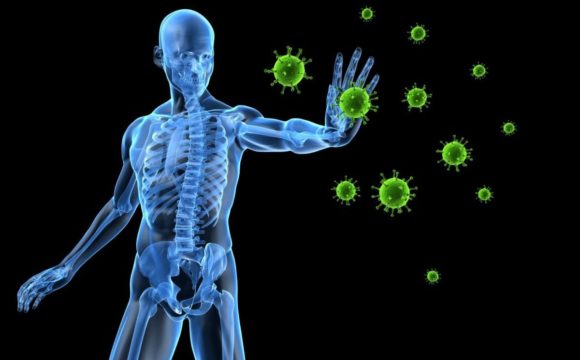In the past few months, COVID-19 has become synonymous with worldwide fear and panic. The World Health Organisation declared COVID-19 as a global pandemic, the first of its kind after the H1N1 pandemic of 2009. Caused by a novel strain of SARS-CoV-2, COVID-19 manifests in the form of congestion, runny nose, sore throat, and diarrhea. Laboratories across the world are striving to meet the high demand for testing. But the question remains – “What after testing?” Unfortunately, we do not have any available means of treating the disease. We do not have any vaccines or antivirals in hand. How do we treat the disease? To answer this question, scientists are now working on adapting a simple approach towards developing a cure i.e. DRUG REPURPOSING.
What is drug repurposing?
In simple terms, drug repurposing or drug repositioning is applying already approved drugs for the treatment of other different ailments or diseases other than the original disease for which the drug was developed. It is a strategy to recognize the new applications of previously approved or investigational drugs. Drug repurposing identifies the scope of the drug beyond its original indication and offers various advantages. In simple terms, drug repurposing is finding new applications of old drugs.
Developing a new drug or a vaccine from the beginning will not be a practical decision in today’s critical situation, as time is a big concern today. Drug repurposing will make use of existing drugs that are previously been tested on humans and proved safe. It may be the use of a single drug or a combination of drugs.
Dr. Prashant Kharkar, Professor at Institute of Chemical Technology, Mumbai and an expert in Computer-aided Molecular Design explains in his webinar presentation (below) “To find out the potential drug repurposing candidate, applying computer-aided drug designing can be a systematic approach. Researchers have resolved the 3D molecular structure of key proteins of SARS-CoV-2, which can be used for drug designing and selection. Computational repositioning is a significantly workable method as it saves time. It is useful for creating quick proof of concepts by rapidly initiating small clinical trials for the potential compound”.
Researchers have identified that SARS-CoV-2 has about 66 druggable proteins with multiple ligand binding sites. Druggable proteins are the biological target sites that have a high binding affinity to the drug. In different countries, there are several clinical trials are going on to study the drug repositioning for the treatment of COVID-19.
The antiviral drugs developed for the treatment of severe acute respiratory syndrome (SARS), Middle East respiratory syndrome (MERS), HIV/AIDS, and malaria have been tested, used, and proved to be safe for humans. The general genomic layout of SARS-CoV2 is similar to that of MERS, SARS; hence the drugs that are already tested for MERS and SARS are preferred for repurposing trials.
WHO has introduced global solidarity trials or mega trials of the potential drugs that can be re-positioned for COVID-19 treatment.
The four most promising drugs include
- Remdesivir: Remdesivir, a viral RNA-dependent RNA polymerase inhibitor has been already used to treat Ebola, SARS-CoV, and Middle East respiratory syndrome (MERS-CoV). Remdesivir is under investigation for the treatment of mild SARS-CoV-2. Gilead Sciences along with The Feinstein Institute of the Northwell Health system have initiated clinical trials for Remdesivir.
- Lopinavir/ritonavir: Lopinavir and Ritonavir are the drugs specifically developed for the treatment of HIV. The scientists from the University of Colorado are making efforts to modify the drugs to discover a compound that will bind with the protease of SARS-CoV.
- Chloroquine and hydroxychloroquine: These two antimalarial drugs are on a clinical trial to find their safety and efficacy against COVID19. A small study is going on in Istanbul by a Turkish researcher’s team to find out the use of chloroquine in combination with zinc, vitamin A, vitamin C, and vitamin D.
- Interferon-beta: Interferon-beta is a molecule involved in the regulation of inflammation. It was developed to treat chronic obstructive pulmonary disease (COPD) and has been previously tested for MERS. Interferon-beta is included in the international Solidarity Trial in combination with the HIV drugs Lopinavir and Ritonavir.
Along with the above mentioned mega clinical trials, there are other previously approved drugs too, which are under trials to treat COVID-19
- Favipiravir: Favipiravir, the viral RNA polymerase inhibitor is an effective antiviral agent is used to treat influenza in Japan. Favipiravir is under clinical trials for the treatment of COVID-19
- Umifenovir: Umifenovir is a broad-spectrum antiviral drug used to treat influenza in Russia and China. It is recommended for the treatment of COVID19 and is under clinical trials.
- Ribavirin: Ribavirin is a broad-spectrum antiviral drug that is recommended for COVID-19 treatment and is under clinical trials.
- Intravenous Vitamin C: In China, Canada, and Italy there are clinical trials that are going on to study the efficacy of intravenous Vitamin C to treat hospitalized and severely ill COVID-19 patients.
- Antibiotics: There are some antibiotics such as azithromycin, oritavancin, dalbavancin, monensin, and teicoplanin that could be repositioned to treat COVID-19. The USA has started clinical trials for the antibiotic azithromycin in March 2020.
- Ciclesonide: Ciclesonide is an inhaled corticosteroid for asthma. Japan’s National Centre for Global Health and Medicine (NCGM) has plans to initiate clinical trials for Ciclesonide for the treatment of presymptomatic patients of the COVID-19.
- In Europe, APN01, A form of angiotensin-converting enzyme 2 is under clinical trials to study use and effectiveness in COVID19 treatment.
- Colchicine: Colchicine is a drug used in the treatment of Gout and Behcet’s disease. In Canada, scientists from The Montreal Heart Institute are researching the effectiveness of Colchicine in the treatment of COVID-19.
- The use of anti-parasites and anticoagulants is also under research in some countries.
It is further recommended to use broad-spectrum antiviral agents (BSAA) in combination to enhance efficacy as some times, single drug usage may show low potency. Umifenovir, an approved drug for influenza, targets viral entry while lopinavir/ritonavir, an approved drug combination for HIV, targets viral protease. The different combinations of umifenovoir and lopinavir/ritonavir are under study to treat pneumonia associated with COVID-19.
COVID-19 has managed to take over the world within the span of just a few months. If humankind hopes to return to a life of normalcy, it is imperative to find effective treatments for the disease. Drug repurposing can be a more realistic and productive strategy as the development of vaccines or antibodies against the novel SARS-CoV2 may take years. It reduces the time spent in long and arduous clinical trials and investigations. Whether it is one drug and many viruses or a combination of many drugs and one virus, the drug repurposing strategy has the potential to be the answer to the COVID-19 crisis.
References:
- https://en.wikipedia.org/wiki/COVID-19_drug_repurposing_research
- https://www.future-science.com/doi/10.4155/fdd-2020-0010
- https://towardsdatascience.com/covid-19-and-drug-development-b800d8917b50
- https://www.researchgate.net/publication/340390210_Clinical_trials_on_drug_repositioning_for_COVID-19_treatment
- https://www.ncbi.nlm.nih.gov/pmc/articles/PMC7105280/










